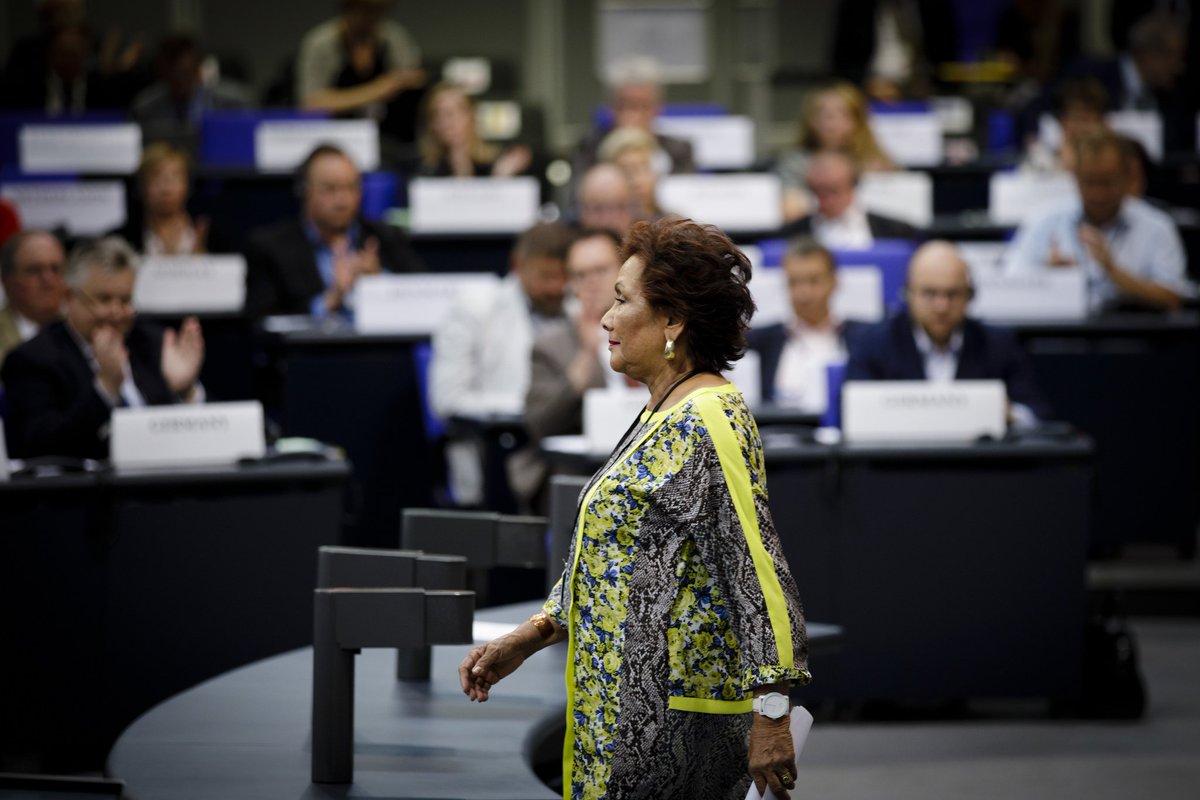
As head of Canada’s delegation to the Organization for Security and Cooperation in Europe’s Parliamentary Assembly (OSCEPA), I share with you the following statement.
Nagorno-Karabakh bloodshed must end, says OSCE PA President, urging a return to negotiations
COPENHAGEN, 6 October 2020 – Appalled by the continuation of bloodshed in the Nagorno-Karabakh conflict zone, as well as beyond the line of contact, OSCE PA President George Tsereteli today reiterated the call to cease hostilities in the interest of civilians and recommit to negotiations towards a peaceful solution of the conflict according to OSCE principles and commitments. During the past week, he has been in direct contact with the Speakers of Parliament of Armenia and Azerbaijan, to underline the position of the OSCE PA and to urge both sides to resume the negotiation process.
“We continue to be gravely concerned by reports of increasing casualties related to the conflict, in particular the impact on the local population which, despite the obligation to protect civilians, continues to suffer from the ongoing fighting,” Tsereteli stated today. “We fully support the call of the Co-Chairs of the OSCE Minsk Group from France, Russia and the United States, as well as the presidents and foreign ministries of the respective countries, for an unconditional ceasefire.”
The President also expressed concerns over reports of the use of banned cluster bombs, noting that the OSCE PA adopted a resolution in 2008 which called for all OSCE participating States to “prohibit the use, development, production, acquisition, stockpiling, retention or transfer of cluster munitions.” Tsereteli called upon all sides to refrain from the use of these weapons and to fully respect requirements under international law to protect civilians and civilian infrastructure.
“It is totally unacceptable that there are threats to destroy critical infrastructures in the region which could lead to humanitarian catastrophes. The continued use of force does not contribute towards the peaceful solution of the conflict. Instead, it continues to bear the cost of human lives and further aggravate the plight of civilians,” Tsereteli said. “Ultimately, any continued use of force will be detrimental to finding a peaceful solution to the conflict for decades to come, notwithstanding the outcome of the ongoing armed conflict. We will continue to place all our efforts in helping to generate political will for reconciliation.”
“As a platform for dialogue, the OSCE PA continues to stand ready to host parliamentary talks if requested by the sides,” Secretary General Roberto Montella added. “Parliamentary dialogue can play an important role in rebuilding communication lines, once the negotiation process in the Minsk Group aimed at the peaceful resolution of the conflict has resumed.”
“I would like to underline, that the OSCE PA consistently supports the work of the OSCE structures and mechanisms which are mandated by participating States to deal with this conflict,” Montella said. “In addition, the PA has also the responsibility of analyzing strengths and weaknesses, with the aim of channeling the organizational capacities to maximize effectiveness. This is particularly important in situations like this, when the ongoing cost of human life justifies it.”



